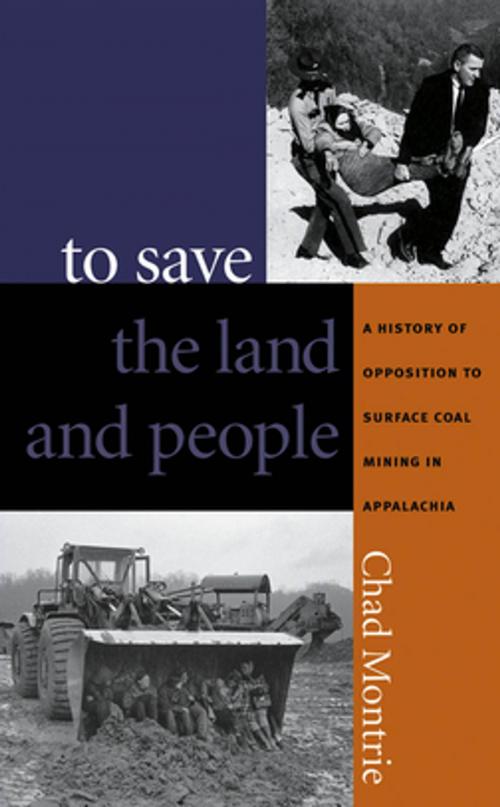To Save the Land and People
A History of Opposition to Surface Coal Mining in Appalachia
Nonfiction, Science & Nature, Technology, Mining, Power Resources, Science, Biological Sciences, Environmental Science| Author: | Chad Montrie | ISBN: | 9780807862636 |
| Publisher: | The University of North Carolina Press | Publication: | November 20, 2003 |
| Imprint: | The University of North Carolina Press | Language: | English |
| Author: | Chad Montrie |
| ISBN: | 9780807862636 |
| Publisher: | The University of North Carolina Press |
| Publication: | November 20, 2003 |
| Imprint: | The University of North Carolina Press |
| Language: | English |
Surface coal mining has had a dramatic impact on the Appalachian economy and ecology since World War II, exacerbating the region's chronic unemployment and destroying much of its natural environment. Here, Chad Montrie examines the twentieth-century movement to outlaw surface mining in Appalachia, tracing popular opposition to the industry from its inception through the growth of a militant movement that engaged in acts of civil disobedience and industrial sabotage. Both comprehensive and comparative, To Save the Land and People chronicles the story of surface mining opposition in the whole region, from Pennsylvania to Alabama.
Though many accounts of environmental activism focus on middle-class suburbanites and emphasize national events, the campaign to abolish strip mining was primarily a movement of farmers and working people, originating at the local and state levels. Its history underscores the significant role of common people and grassroots efforts in the American environmental movement. This book also contributes to a long-running debate about American values by revealing how veneration for small, private properties has shaped the political consciousness of strip mining opponents.
Surface coal mining has had a dramatic impact on the Appalachian economy and ecology since World War II, exacerbating the region's chronic unemployment and destroying much of its natural environment. Here, Chad Montrie examines the twentieth-century movement to outlaw surface mining in Appalachia, tracing popular opposition to the industry from its inception through the growth of a militant movement that engaged in acts of civil disobedience and industrial sabotage. Both comprehensive and comparative, To Save the Land and People chronicles the story of surface mining opposition in the whole region, from Pennsylvania to Alabama.
Though many accounts of environmental activism focus on middle-class suburbanites and emphasize national events, the campaign to abolish strip mining was primarily a movement of farmers and working people, originating at the local and state levels. Its history underscores the significant role of common people and grassroots efforts in the American environmental movement. This book also contributes to a long-running debate about American values by revealing how veneration for small, private properties has shaped the political consciousness of strip mining opponents.















